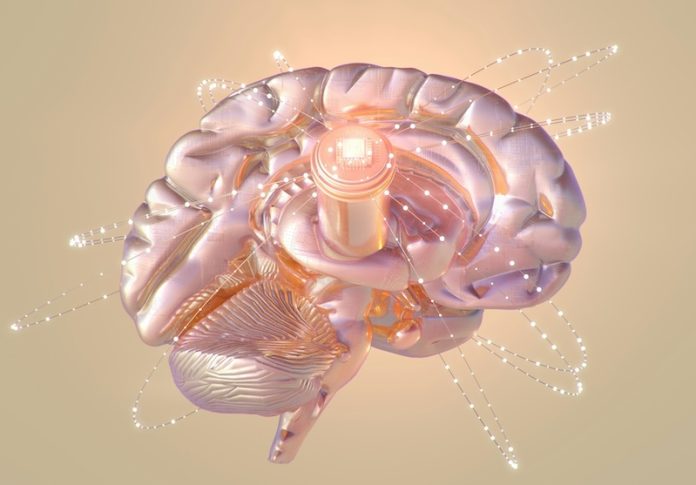
The human brain is one of the most complex and fascinating organs in the body, and understanding it has been a long-standing challenge for scientists. Recent breakthroughs in neuroscience and brain-computer interface (BCI) technology are bringing us closer to unlocking its secrets.
These advancements not only help us understand how the brain works but also offer new possibilities for treating diseases, restoring lost abilities, and even enhancing human capabilities.
One of the biggest achievements in neuroscience is the discovery of how certain brain regions communicate during complex tasks. Using advanced imaging techniques, researchers can now map brain activity in real time, revealing how different areas work together to process information.
For example, scientists have identified how the brain coordinates movement by tracking signals between the motor cortex and other regions. This knowledge is crucial for developing treatments for conditions like Parkinson’s disease and stroke, where these connections are disrupted.
At the forefront of brain technology are brain-computer interfaces, which create a direct link between the brain and external devices. These interfaces can interpret brain signals and use them to control computers, prosthetic limbs, or even robotic systems.
One groundbreaking study involved a man with paralysis who used a BCI to control a robotic arm simply by thinking about moving his own arm. This technology gives people with mobility challenges new ways to interact with the world and regain some independence.
Recent advances in BCIs have also enabled more precise communication for people with conditions like ALS (amyotrophic lateral sclerosis) that affect their ability to speak or move.
In one remarkable experiment, researchers implanted tiny sensors in the brain of a person with ALS, allowing them to type words on a screen by imagining the act of handwriting. The system translated brain signals into text with impressive accuracy, opening up new possibilities for restoring communication.
Neuroscientists are also exploring how BCIs can help people with mental health conditions. By monitoring brain activity, these devices can identify patterns associated with anxiety or depression.
In some cases, BCIs can deliver gentle electrical stimulation to specific brain areas to reduce symptoms. This approach, known as neurostimulation, has shown promising results in early trials and could become a powerful tool for managing mental health in the future.
Another fascinating area of research is memory enhancement. Scientists are working on BCIs that could help people with memory loss by mimicking the brain’s natural processes for storing and recalling information.
In animal studies, researchers have successfully implanted devices that improve memory performance, and similar technologies are being developed for humans. These breakthroughs could one day help individuals with Alzheimer’s disease or other memory-related conditions.
Despite these exciting developments, there are challenges to overcome. One major issue is the invasiveness of many BCI systems, which often require surgery to implant electrodes in the brain.
Researchers are working on non-invasive alternatives, such as devices that use sensors on the scalp to pick up brain signals. While these systems are less precise than implanted BCIs, they are safer and more accessible, making them a promising option for widespread use.
Another concern is ethical. As BCIs become more advanced, questions arise about privacy and consent. For instance, who owns the data collected from a person’s brain?
How can we ensure that these technologies are used responsibly and not for harmful purposes? Addressing these issues will be critical as BCIs move from research labs into everyday life.
In conclusion, the latest findings in neuroscience and brain-computer interfaces are transforming what we know about the brain and how we can interact with it.
From restoring movement and communication to improving mental health and memory, these advancements hold incredible potential for improving lives.
While challenges remain, the progress made so far suggests that we are on the brink of a new era in understanding and harnessing the power of the human brain.
Copyright © 2025 Knowridge Science Report. All rights reserved.



